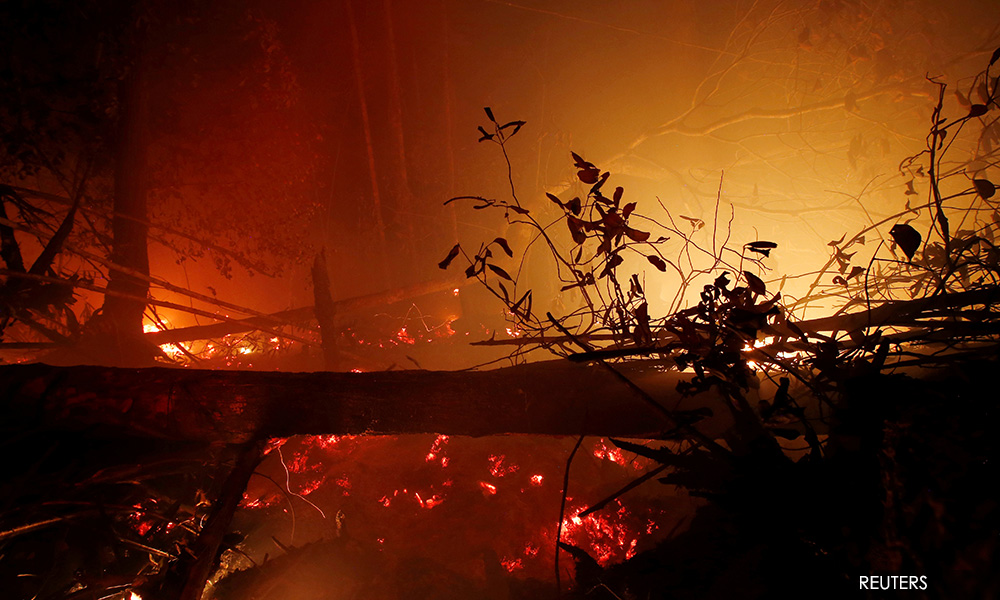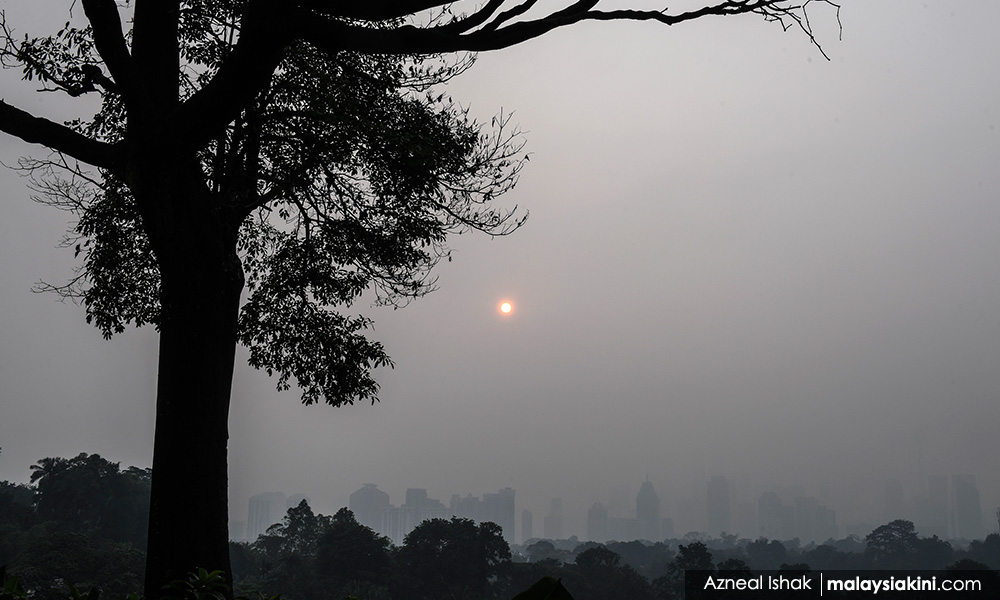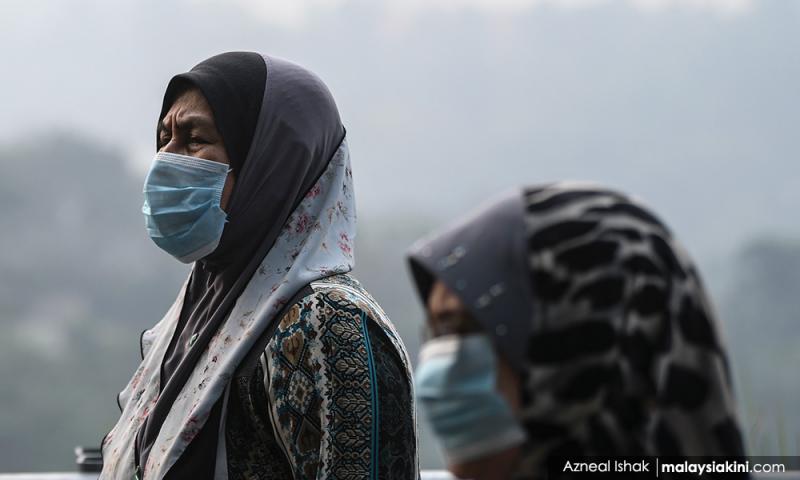NGO calls for enforcement before the next haze hits
An NGO has called for strict enforcement against open burning to eliminate the perennial haze in the region.
Ecotourism & Conservation Society Malaysia (Ecomy) said the haze is man-made and its resolution lies in the prevention of activities that cause it.
“The authorities will need to have stronger enforcement in place to prevent open burning and the haze even before a single fire is started,” said Ecomy founder and CEO Andrew Sebastian.
He also said that indiscriminate clearing must stop and fossil fuel-intensive initiatives must not be encouraged.
The haze has been a norm in the region over the past two decades and many people seem to have accepted it as an unavoidable hazard, he said, adding that this should not be the case in an era of development and environmental awareness.
In the last two decades, with the exception of a few years, the haze has occurred between July and October, with as many as 10 hotspots reported in Malaysia and 627 in Indonesia’s Kalimantan during one year.

The haze has been attributed mostly to open fires and land clearing by burning for agricultural purposes. The clearance and drainage of peatlands particularly have been identified as a major cause of peat fires that are more difficult to put out.
Sebastian noted that in March 2019, a large peat swamp fire in Terengganu lasted over 14 days while in 2013, there was a large fire at the Raja Musa Forest in Selangor, allegedly started by a company clearing land for oil palm cultivation.
“With human-induced climate change – which has seen an increase in carbon emission by 40 percent since the industrial revolution and will see another anticipated increase by 0.6 to 1 degree by 2030 – such forest fires and the resulting haze are only made worse,” he said.
Apart from fires caused by land clearing, other sources of forest fires include accidents brought on by illegal encroachers of these areas and their activities.
In an interview with Bernama, Water, Land and Natural Resources Minister Dr Xavier Jayakumar spoke of the various measures taken by the government to protect forests and their resources, including wildlife.
Apart from setting up the National Biodiversity Centre that will serve as a centre of research, among others, on the country's rich biodiversity and the importance of maintaining it, the government also plans to increase the number of geoparks in the country.

Several protected areas in Malaysia have been transformed into geoparks such as the Langkawi Unesco Global Geopark and the Kinta Valley Geopark, he said.
He said five more geoparks are to be established soon, and that Johor, Pahang, Kedah, Perlis and Labuan are keen on setting up similar parks.
On the issue of enforcement, Xavier said the stronger collaboration with NGOs in safeguarding the Malaysian forest has seen a drop in illegal activities in the jungle.
He particularly commended the cooperation given by the Orang Asli in tackling poaching and the wildlife trade. A dog unit to track such activities has also been set up, he said.
Two forest clean-up operations, the Ops Belang and Operasi Bersepadu Khazanah, conducted by the Wildlife and National Parks Department (Perhilitan) together with the police and several NGOs saw the arrest of 82 poachers, he said.
The government expects to further tighten laws that govern punishment for illegal activities in the jungle, including proposing higher penalties and jail terms, he said.
The amendments to the Wildlife Conservation Act 2010 and the National Forestry Act 1984 will be tabled in the March and November parliamentary sessions, respectively, he said.
- Bernama
RM12.50 / month
- Unlimited access to award-winning journalism
- Comment and share your opinions on all our articles
- Gift interesting stories to your friends
- Tax deductable

 Bernama
Bernama